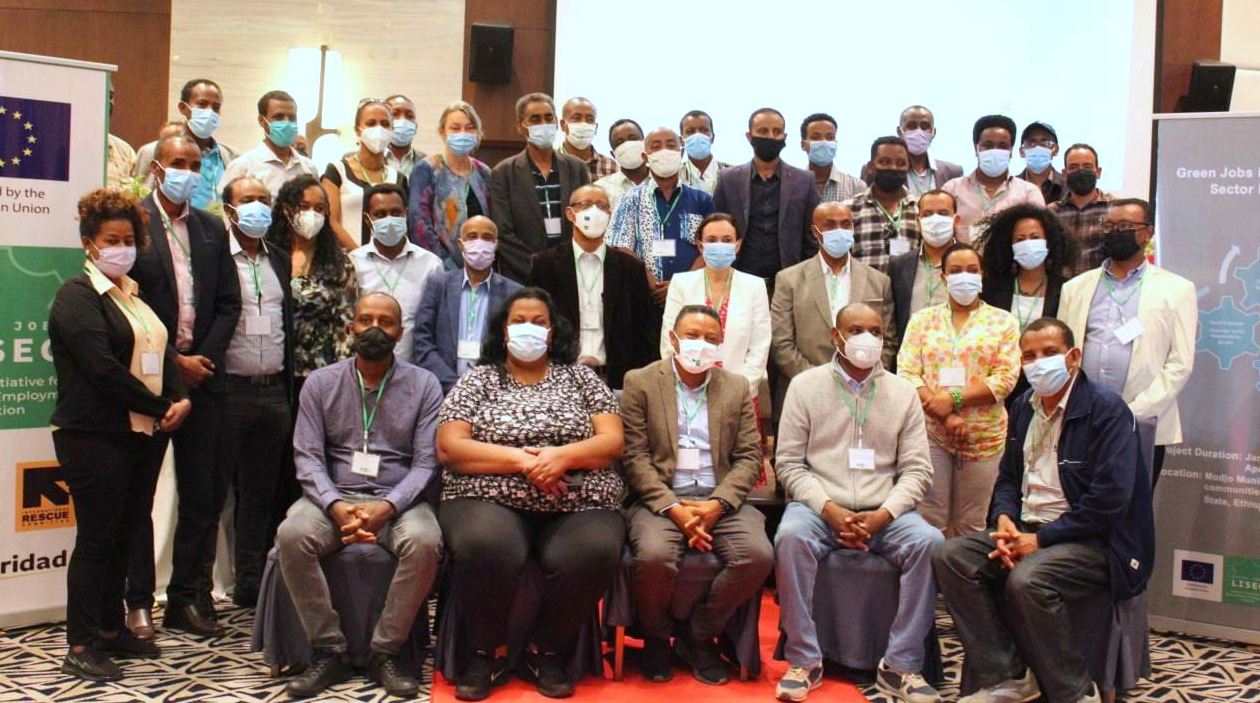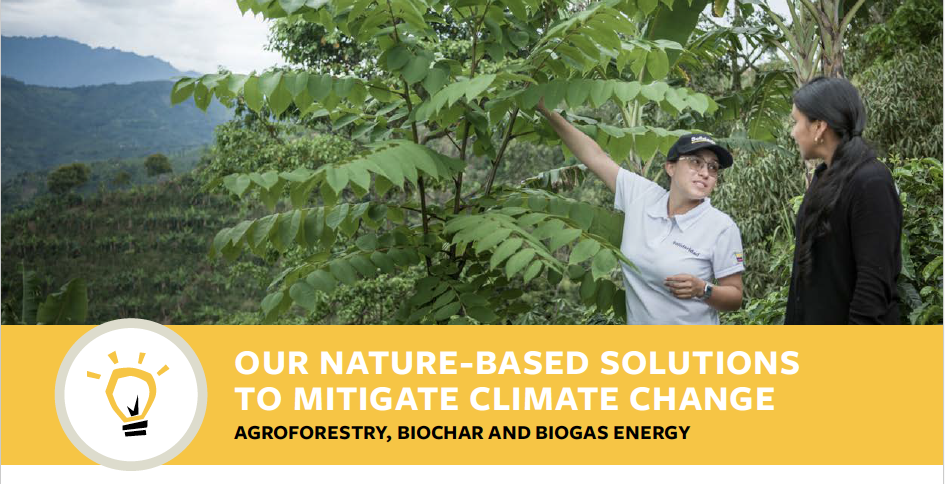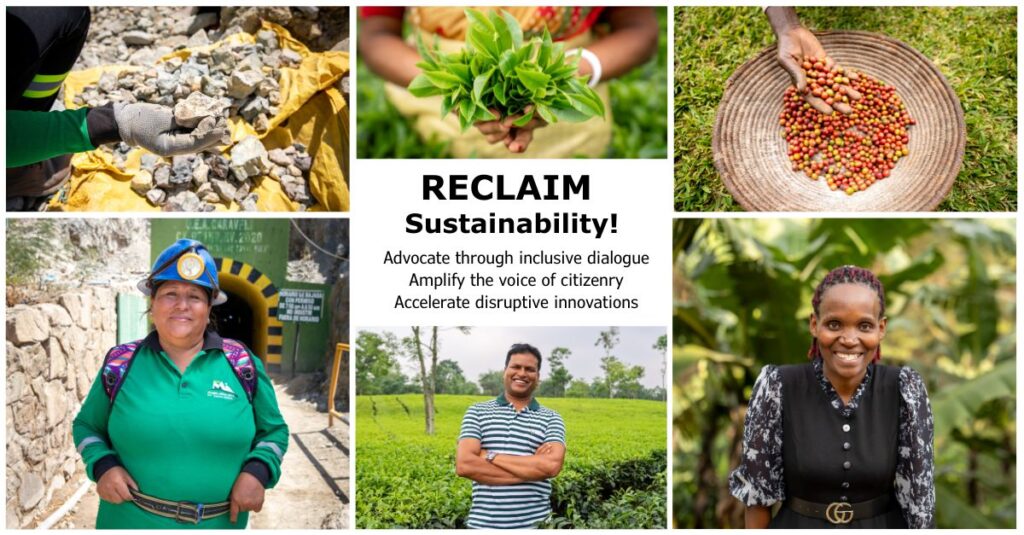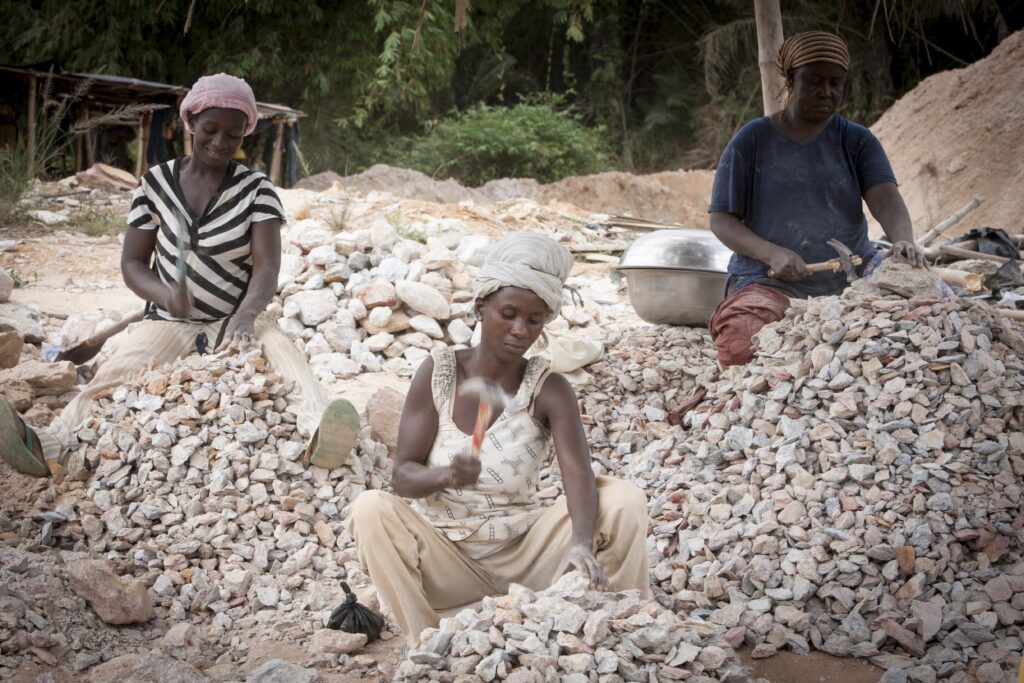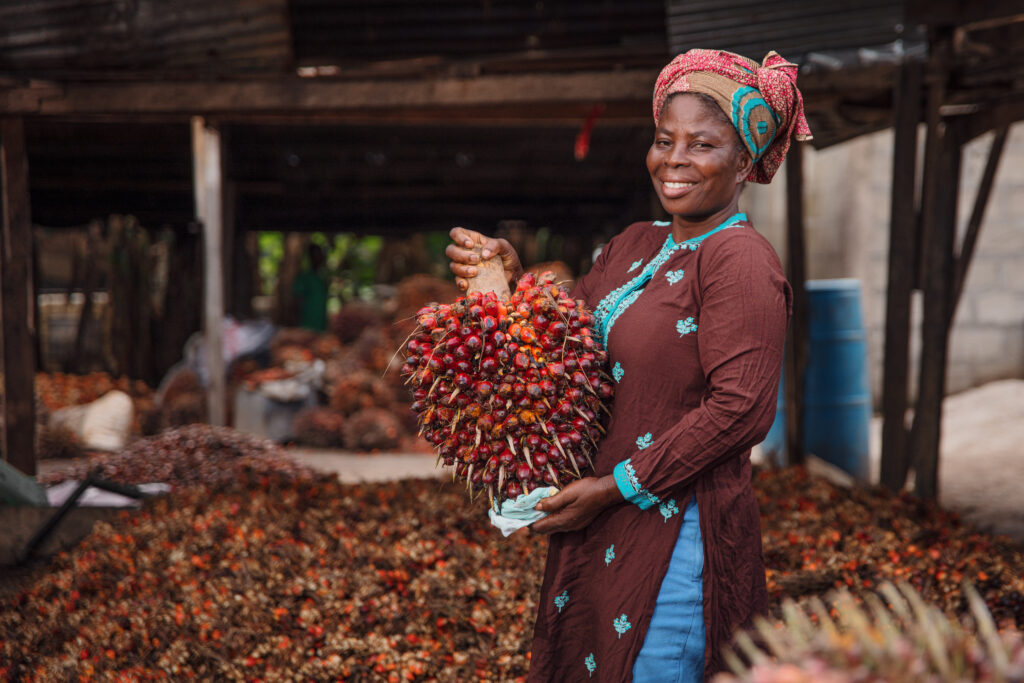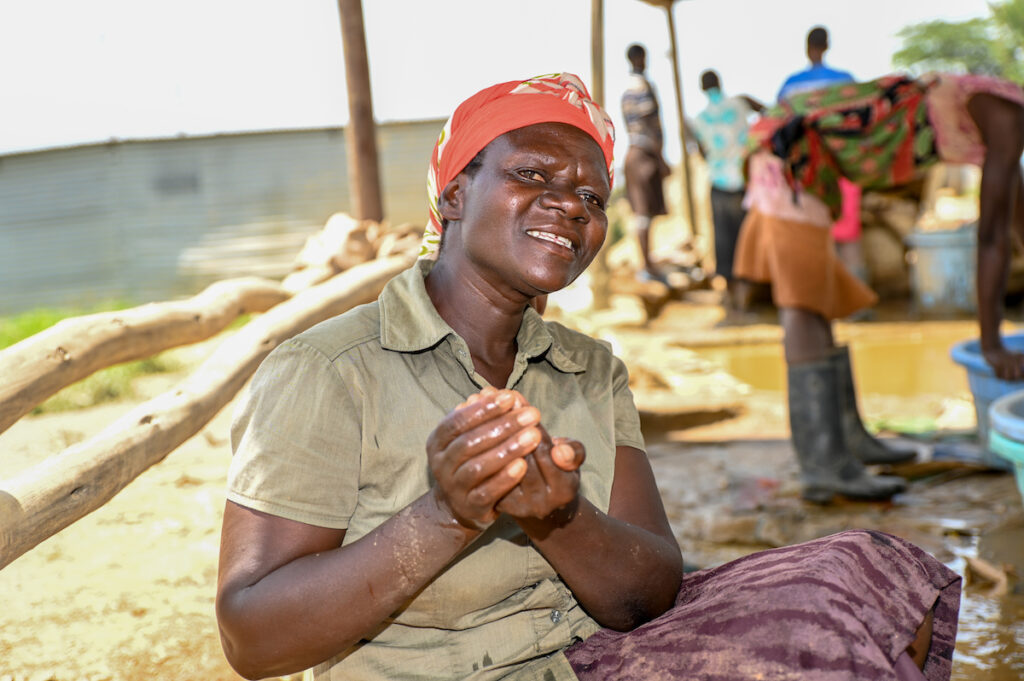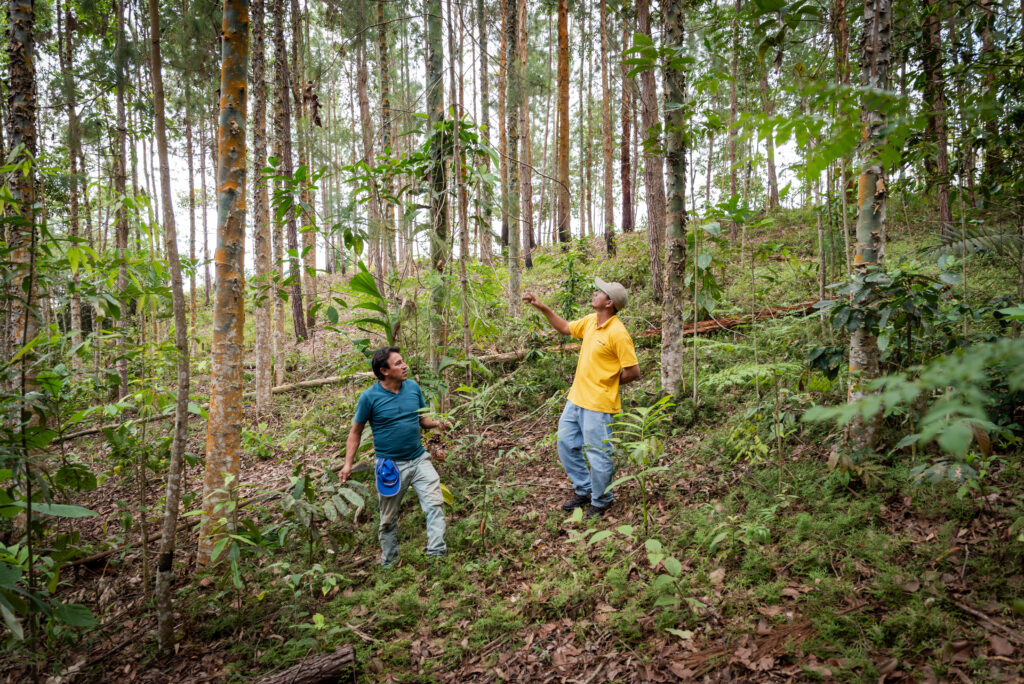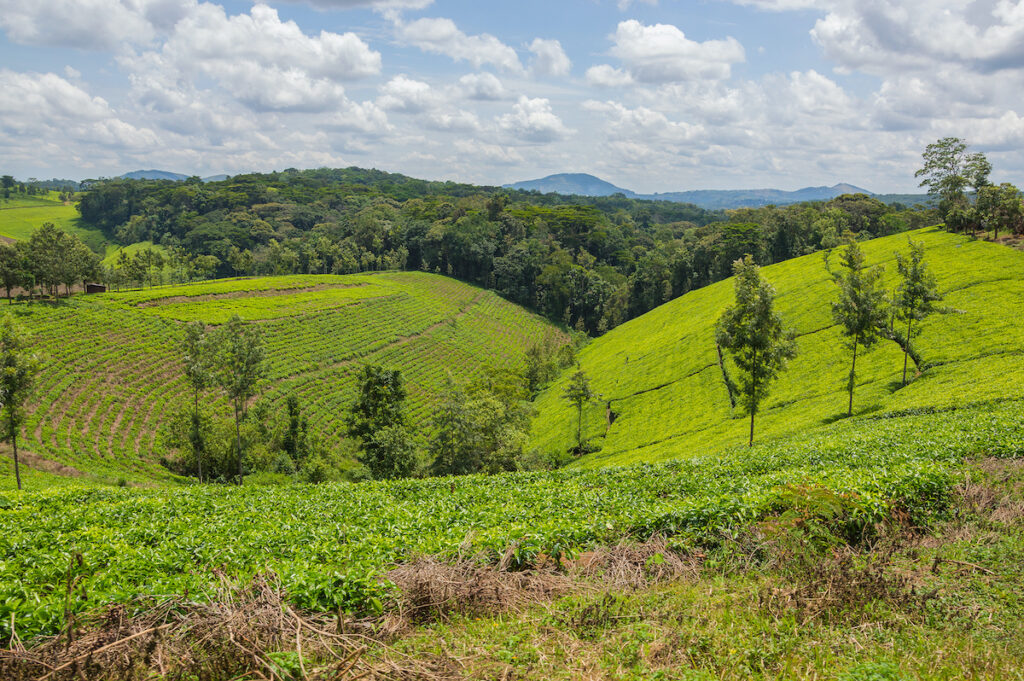The Leather Initiative for Sustainable Employment Creation (LISEC) aims to strengthen cohesion by supporting local economic and social development initiatives, especially those that target women and youth, as well as enhancing industrial and labour relations in the Modjo Leather City.
Between 2021 and 2024, LISEC will implement targeted interventions to improve skills and access to decent and green job opportunities, enhance capacities of tanneries and other leather actors in waste management and manufacturing practices, and improve social cohesion in Modjo and nearby communities. The project will realize this by targeting:
- At least 4,000 unemployed youth, including the most vulnerable
- About 1,500 unemployed women and girls
- At least 10 MSMEs in the leather sector
- Service providers (TVET, public employment services, job centres) and their staff
- At least 4 tanneries in Modjo
- The Ethiopia Leather Industry Development Institute (LIDI) and at least 8 other leather companies outside of Modjo
- At least 8 leather companies in Modjo
Speaking during the launch, Meron Wubishet – Head of Programmes, PIN announced that, “LISEC will play a critical role in improving the solid waste management practices of leather tanneries, reducing water and environmental pollution and ultimately, enhancing the social cohesion between tanneries and communities.”
In his remarks, the Delegation of the European Union to Ethiopia Green Deal Team Program Manager Teriessa Jalleta announced the EUR 6 million project funding will benefit about 50,000 people in Modjo. Specifically, it will facilitate the implementation of highly targeted interventions including the transformation of solid waste into valuable products as well as training support to enable unemployed youth to acquire soft skills and ultimately, job opportunities. Rachel Wanyoike, Managing Director for Solidaridad East & Central Africa adds, “LISEC will contribute to a green and fair economy by promoting practices that reduce pollution, enhance circularity and employability, and increase ‘green jobs’.”
To promote green jobs, we will prioritize capacity building targeting producers and workers with the aim of re-skilling, re-tooling, and preparing sector actors for their roles in the progressively ‘greening’ supply chains. In addition to a green and fair economy, our work will contribute to a better bargaining position for our producers/partners and also promote sustainable production as part of a circular economy.
Rachel Wanyoike, Managing Director, Solidaridad East and Central Africa

Promoting Good Manufacturing and Waste Management Practices
Over the next three years, Solidaridad will promote the adoption of good leather waste management and manufacturing practices. To this end, we will facilitate the transformation of solid waste into valuable products and use the findings of our environmental impact assessment to improve waste management processes in tanneries. The findings will inform the design and implementation of targeted training, infrastructure investment, and deployment of environmental-friendly practices, among others.
To enhance skills transfer, Solidaridad will also facilitate knowledge transfer between the Central Leather Research Institute of India and LIDI and support the development of a manual on leather solid waste management for Ethiopia. The project will also provide infrastructure support – installation of solid waste management facilities in TVETs in Modjo and pilot waste management processes. Training on good manufacturing and waste management will also be conducted targeting staff in select tanneries and MSMEs. To enhance the adoption of sustainable leather production practices, LISEC will also promote chrome-free tanning technology, among other environmentally friendly processes and technologies.

